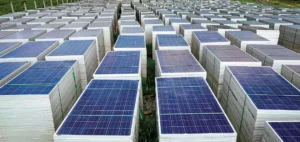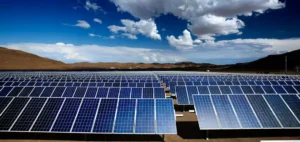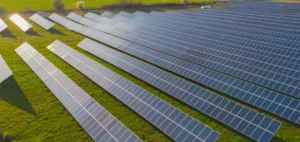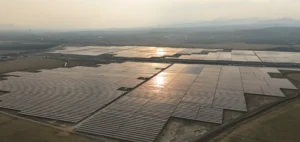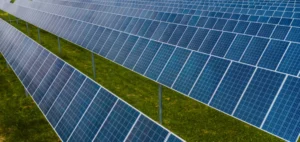Opec’s oil demand growth forecasts are stable for both 2022 and 2023, according to the latest report released Tuesday by Opec, which still expects robust and also stable growth.
“Global oil demand growth in 2022 remains unchanged from the previous month’s assessment” at 3.1 million barrels per day (mb/d), for an estimated total demand of 100.03 mb/d, the producer country organization said in its September monthly report.
This projection takes into account “additional demand growth” due to a recent trend of using more fuel to produce energy, Opec explained.
Demand in OECD countries is expected to grow by 1.6 mb/d in 2022, close to the estimated 1.5 mb/d for non-OECD countries.
For 2023, oil demand growth is also unchanged from last month at 2.7 mb/d, driven by non-OECD countries, whose demand is expected to grow by 2.1 mb/d. Total demand is estimated at 102.73 mb/d, above pre-pandemic levels.
“Oil demand in 2023 is expected to be supported by continued strong economic performance in major consuming countries, and potential improvements in Covid-19-related restrictions, and reduced geopolitical uncertainties” as the war in Ukraine continues, the cartel estimated in its report.
The organization thus estimates that global economic growth “should remain robust, at 3.1% in 2022″, in a business update.
Opec points out in particular that consumer spending in value terms in recent months has been better than expected.
The sense of economic weakness “appears to have been offset so far by a combination of social welfare measures in advanced economies, rising wages and salaries, and increased debt-financed consumption in the U.S., as well as consumers dipping into their savings,” according to the report, which highlighted the “rebound” in global tourism.













